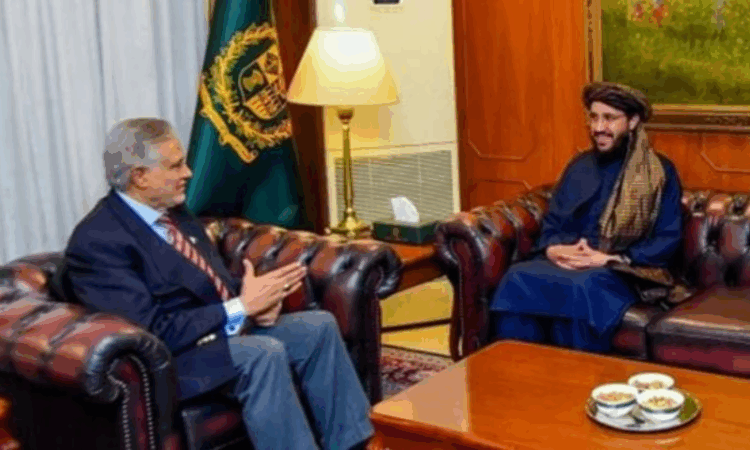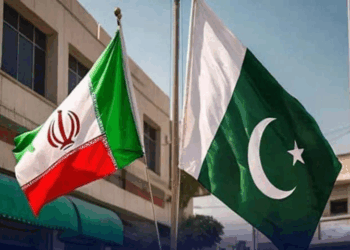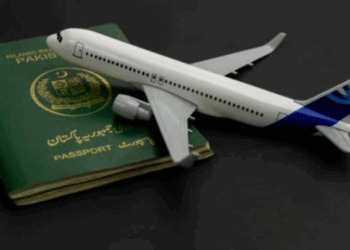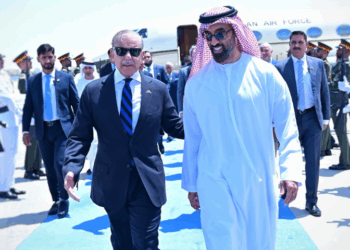Islamabad, May 31, 2025: In a significant diplomatic development, Afghanistan has announced the elevation of its diplomatic mission in Pakistan from chargé d’affaires to full ambassadorial status, a day after Pakistan took a similar step regarding its mission in Kabul.
The announcement was made by the Afghan Ministry of Foreign Affairs through a statement on X (formerly Twitter):
“The Ministry of Foreign Affairs of the Islamic Emirate of Afghanistan welcomes the decision of the Government of Pakistan to upgrade the level of its diplomatic mission in Kabul to that of an ambassador. In reciprocity, the Islamic Emirate of Afghanistan will elevate the status of its mission in Islamabad from chargé d’affaires to ambassador.”
The Afghan foreign ministry described the move as a positive step towards enhanced bilateral cooperation, noting that it would open avenues for deeper collaboration across multiple domains.
Until now, both countries maintained embassies in each other’s capitals, but these were headed by chargés d’affaires rather than full ambassadors — a reflection of the cautious diplomatic posture following the Taliban’s return to power in 2021.
This diplomatic thaw follows recent mediation efforts by China. Earlier this week, Chinese Foreign Minister Wang Yi hosted trilateral talks involving Pakistan and the Afghan Taliban administration. Following the meeting, Yi stated that both countries had expressed a “clear willingness to elevate diplomatic relations” and agreed in principle to appoint ambassadors “as soon as possible.”
China had earlier become the first country to accept an ambassador from the Taliban-led government, even though it, like most of the international community, has not formally recognized the regime. The United Arab Emirates (UAE) and some other states have followed suit, deepening their diplomatic ties with Kabul.
Pakistan and Afghanistan share a porous border of roughly 2,500 kilometers, dotted with several key crossing points essential for trade and people-to-people contact. This elevation of diplomatic ties is expected to facilitate smoother coordination in these areas.
However, security remains a pressing concern. Pakistan has repeatedly called on the Afghan authorities to prevent militant groups, particularly the Tehreek-e-Taliban Pakistan (TTP), from using Afghan territory to launch attacks across the border.
In a notable statement earlier this week, Afghan Taliban commander Saeedullah Saeed warned extremist factions, referred to as Fitna al-Khwarij, against targeting Pakistani forces or carrying out attacks under the banner of jihad — a move seen as a potential effort to de-escalate tensions.
In another strategic development, Islamabad and Beijing have reaffirmed their commitment to extend the China-Pakistan Economic Corridor (CPEC) into Afghanistan. The trilateral understanding aims to enhance regional connectivity, infrastructure development, and economic cooperation.
Last month, a rare meeting between Pakistan’s Foreign Minister Ishaq Dar and the Taliban’s acting Foreign Minister Amir Khan Muttaqi in Kabul helped ease tensions. The two sides discussed issues including the deportation of undocumented Afghans from Pakistan, and agreed to continue dialogue on matters of mutual concern — particularly in the areas of security, trade, and transit.








